On Nov. 29, rapper Jarad Anthony Higgins, commonly known as Juice WRLD, posthumously released his final album, titled “The Party Never Ends.” The album featured artists such as Eminem, The Kid LAROI, Nicki Minaj, benny blanco, Offset, and Fall Out Boy. Juice WRLD was and still is an incredibly influential artist that defied genre standards and gained international fame with his style in melodic trap, which blends elements of trap, rock, emo, and punk.
The album, “The Party Never Ends,” consists of 19 tracks and serves as the follow-up to the Dec. 2021 album “Fighting Demons,” which had conflicting opinions on whether it was a legitimate album or a “cash grab” from the label. This album had similar notions prior to release. While the album has some good elements, like its overall message and its ability to elicit the emotions it wants to convey, it still falls into these preconceived assumptions and serves as a mediocre album in its entirety.
The theme of the album is similar to many of Juice WRLD’s previous projects, involving topics such as fighting demons, doomed love, and numbing out with common references to drugs. All of this is perfectly reflected in the opening song, “The Party Never Ends,” where Juice WRLD explains how drugs have played a large part in his life, as even though he knows they hurt him, he continues to repeat the cycle to continue to fuel his lifestyle. This can be shown through lyrics like “Perky tearin’ me apart, part, yeah (tearing me apart, yeah) / Tell them drugs to play they part, ha (playing they part m********kin’ part, yeah) / Relax and let the party start (yeah, yeah).” The theme is relatively consistent throughout the album with most tracks talking about the influence drugs have on him as well as flexing his expensive lifestyle.
An especially powerful element from the album is the commemorative song from The Kid LAROI: “Goodbye.” LAROI’s heartfelt tribute to Juice WRLD celebrated his everlasting legacy while eliciting feelings of sadness concerning the loss of Juice WRLD. Although critics regarded the song as mediocre, LAROI is able to blend his powerful vocals with melancholy piano chords and angelic trap beats, using lyrics like “I wanna say goodbye / But I can’t find a way to make it out alive,” to reflect on how Juice WRLD has reflected on him as a person. The verse poignantly explored themes of grief and regret, emphasizing the impact that Juice WRLD had on many listeners.
The laid-back production of the song, as well as the minor glimpses at Juice WRLD’s music style, allows the music to emotionally impact the listener, rather than “go in one ear and out the other.” The overall role of “Goodbye” in the album is to embody the overall theme of “The Party Never Ends,” which is remembrance of Juice WRLD’s legacy.
The album cover, created by Takashi Murakami, is currently receiving backlash from the general public for its supposed “mocking” of Juice WRLD. The cover is detailed in Murakami’s signature pop and contemporary art style with vibrant colors and designs throughout. The art depicts Juice WRLD in an almost psychedelic state, which has been extremely controversial, especially knowing the cause of the artist’s untimely death being drug-related. For the cover that essentially wraps up the career of such a legendary artist, it would have been better to have something that accurately represents the legacy of Juice WRLD.
The production of the album, to put it simply, was below average. The mixing of many songs, most notably “Misfit” and “Jeffery,” was subpar and made both the lyrics and beat muffled. Juice WRLD’s artificial, flat vocals felt off and muffled throughout the entire album. This is disappointing, as Juice WRLD’s vocals are his signature feature that elicits energy throughout the track.
In addition, the beat choice at times seemed repetitive with generic trap beats, without encompassing the charming, moody, and energetic nature of Juice’s old music. This has, once again, reformed the general public’s assumptions of a “cash grab” being the main motive for the release. Despite this, there are many exceptions where the emotional lyrics and lyrical depth outweigh these cons, like in the song “Love Letter.” In this song, Juice WRLD dives into the complexities of love, rather than just objectifying girls and disparaging love, which is currently a rap norm. He also talks about the highs and lows of love, increasing the emotional weight of the lyrics.
For an album marked as the final release for such an influential artist that reformed and innovated the hip-hop genre, it was disappointing to see the execution of it on release. While it does have some good elements, such as the commemorative piece from The Kid Laroi, it didn’t seem to encompass the true legacy of Juice WRLD for a final send off. Although the party did end, it unfortunately did so on a bad note.



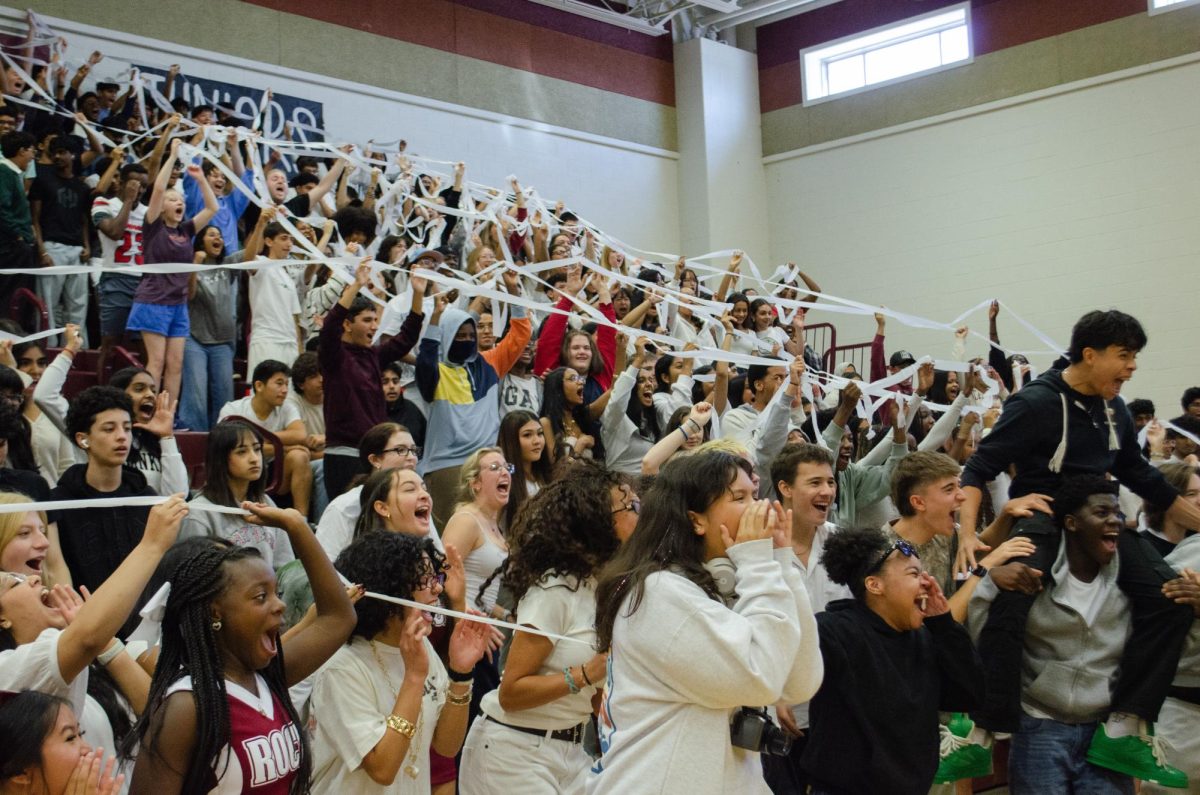
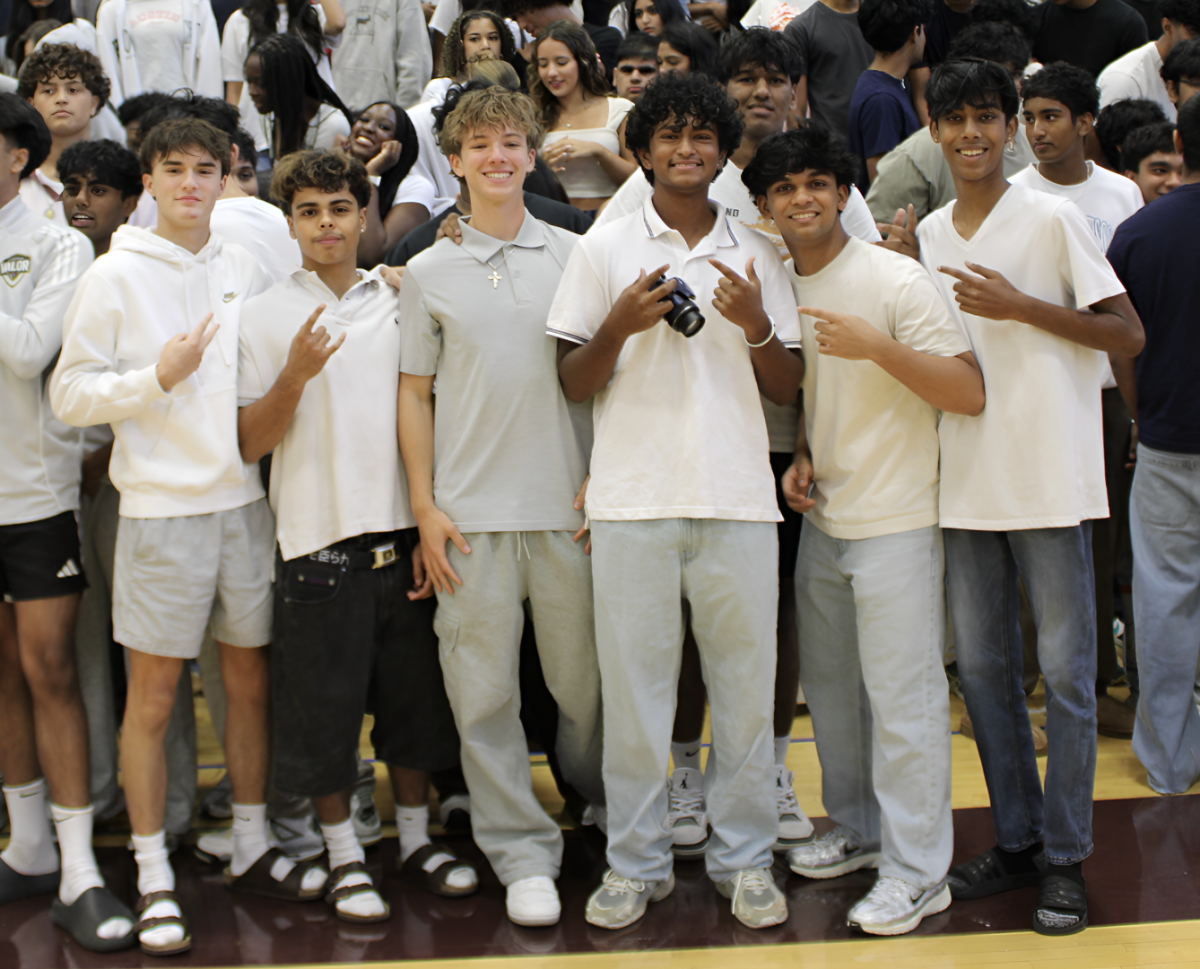
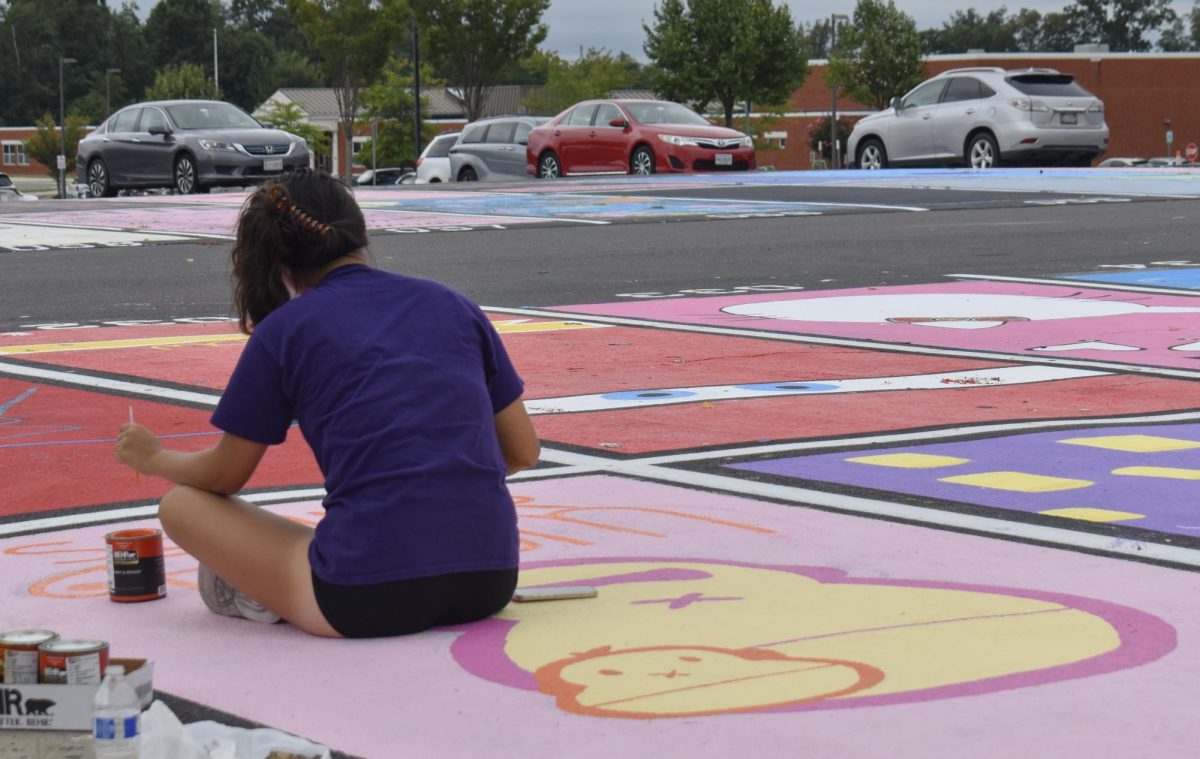









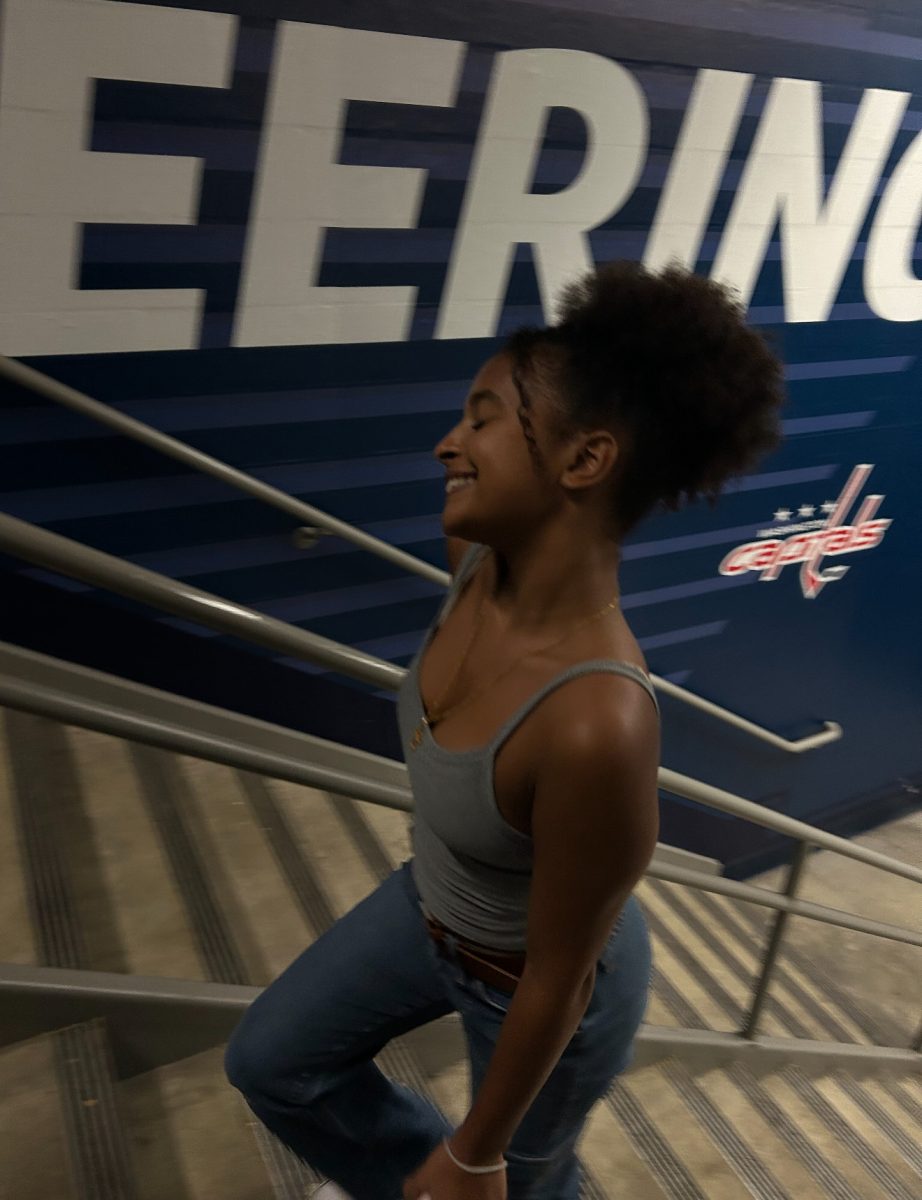


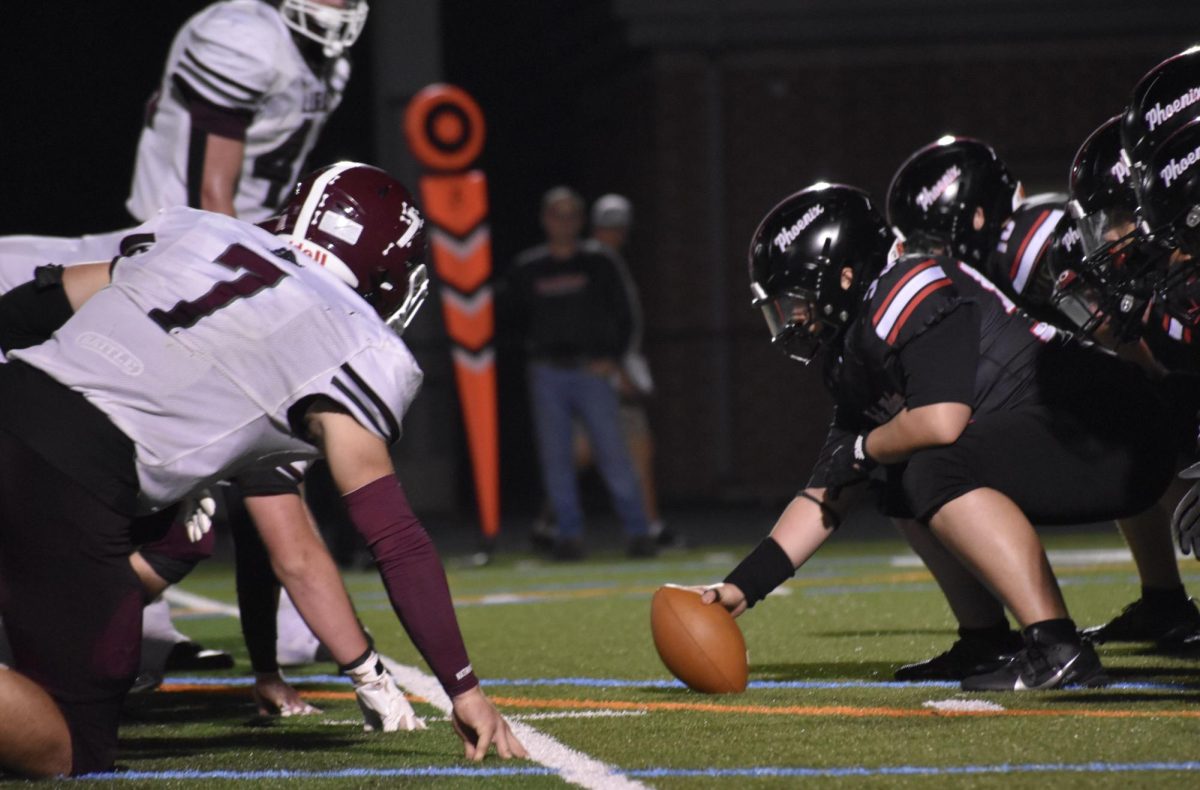







![The Phoenix varsity volleyball team lines up for the national anthem. “We were more communicative [with each other] during this game, and I feel like we kept our energy up, especially after the first set,” senior Jessica Valdov said.](https://theblazerrhs.com/wp-content/uploads/2024/10/DSC_0202-1200x800.jpg)









![Junior Alex Alkhal pitches the ball. “[I] just let it go and keep practicing so we can focus on our goal for the next game to get better as a team,” Alkhal said.](https://theblazerrhs.com/wp-content/uploads/2025/05/DSC_0013-1-1200x929.jpg)






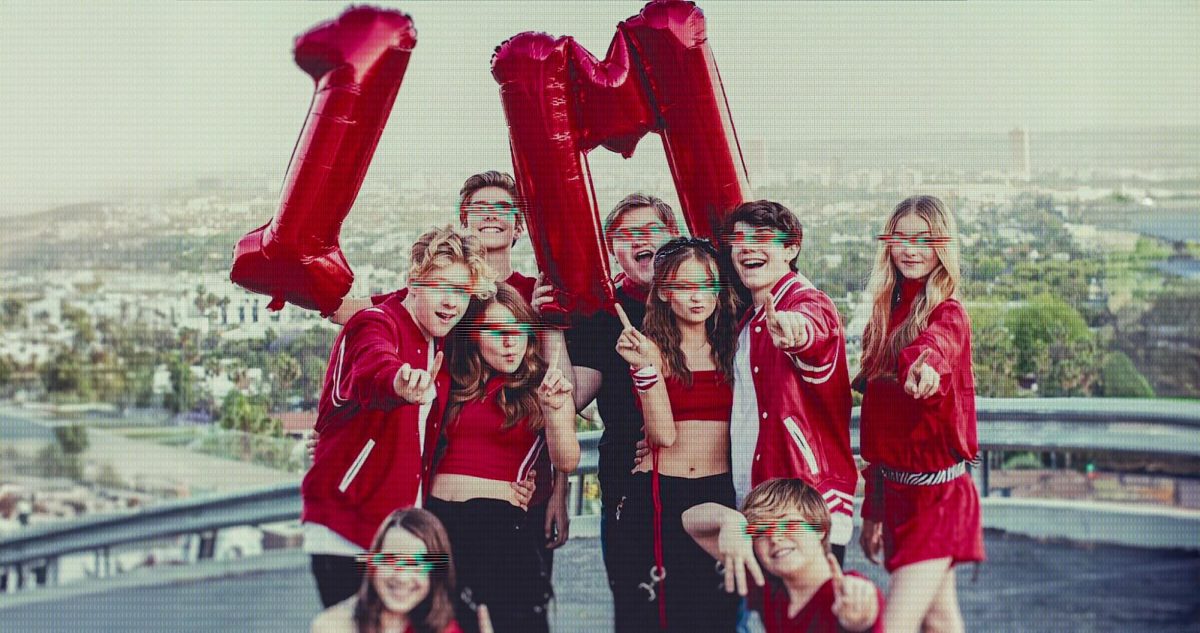











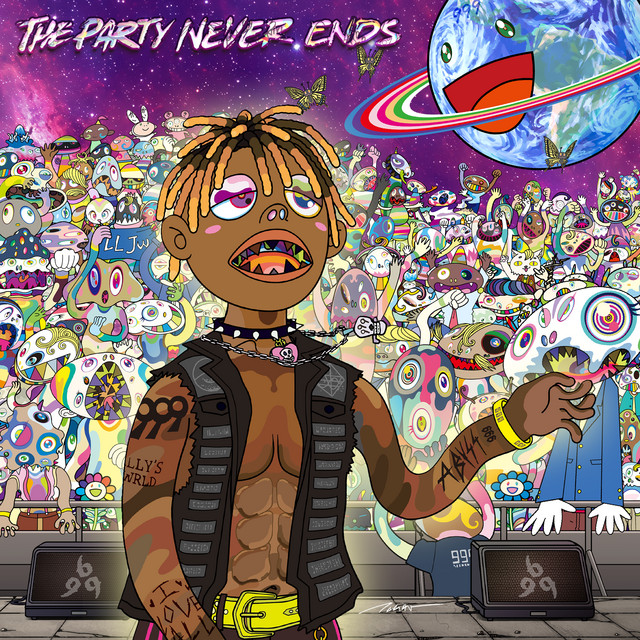


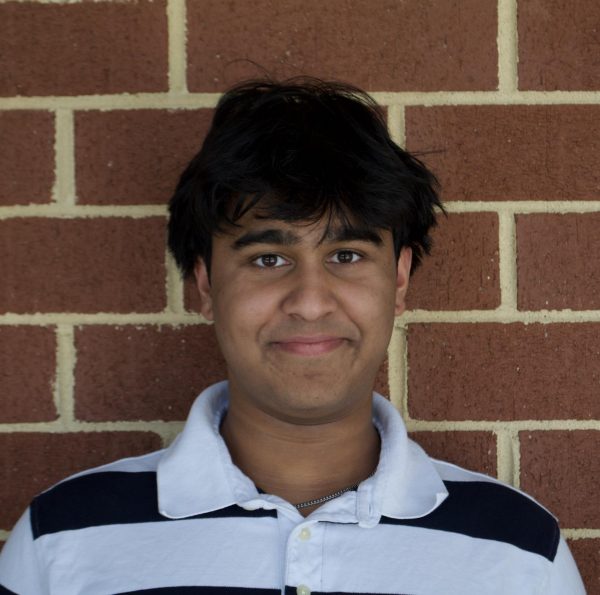
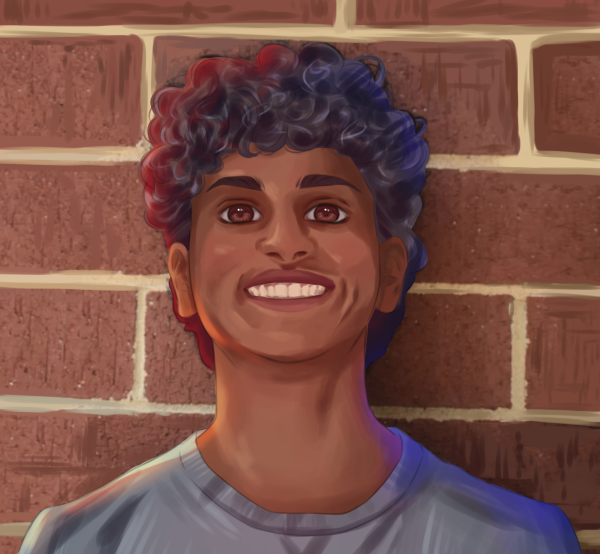
Noah • Dec 21, 2024 at 5:32 am
Dang man he was asked and why did he have to go